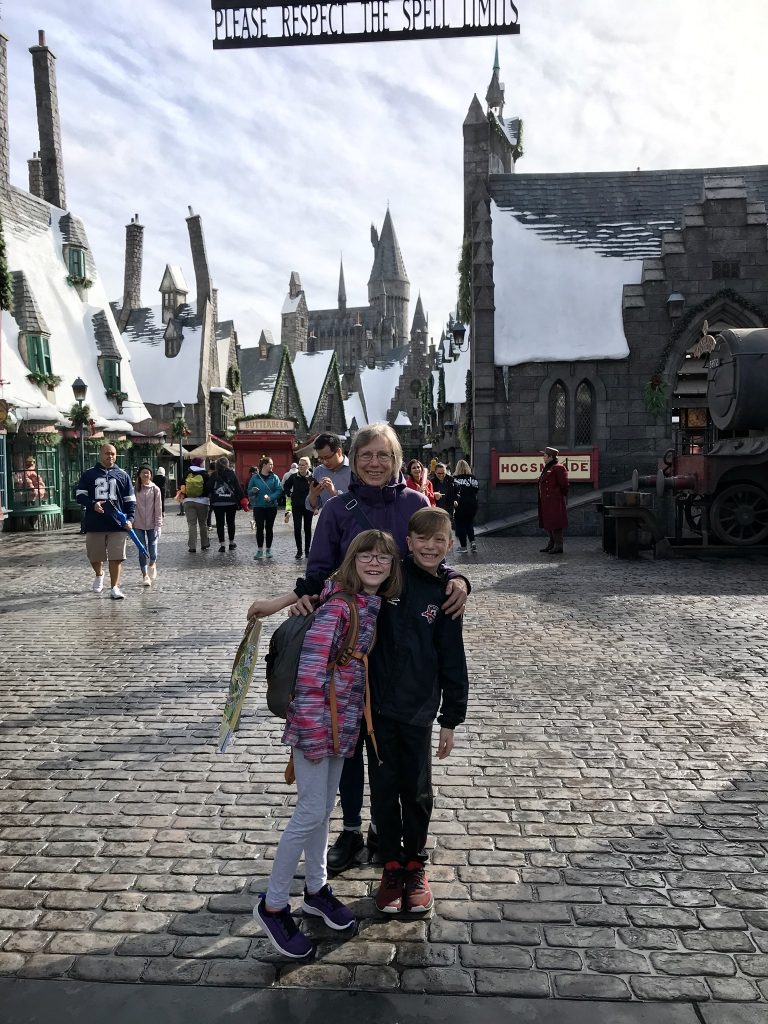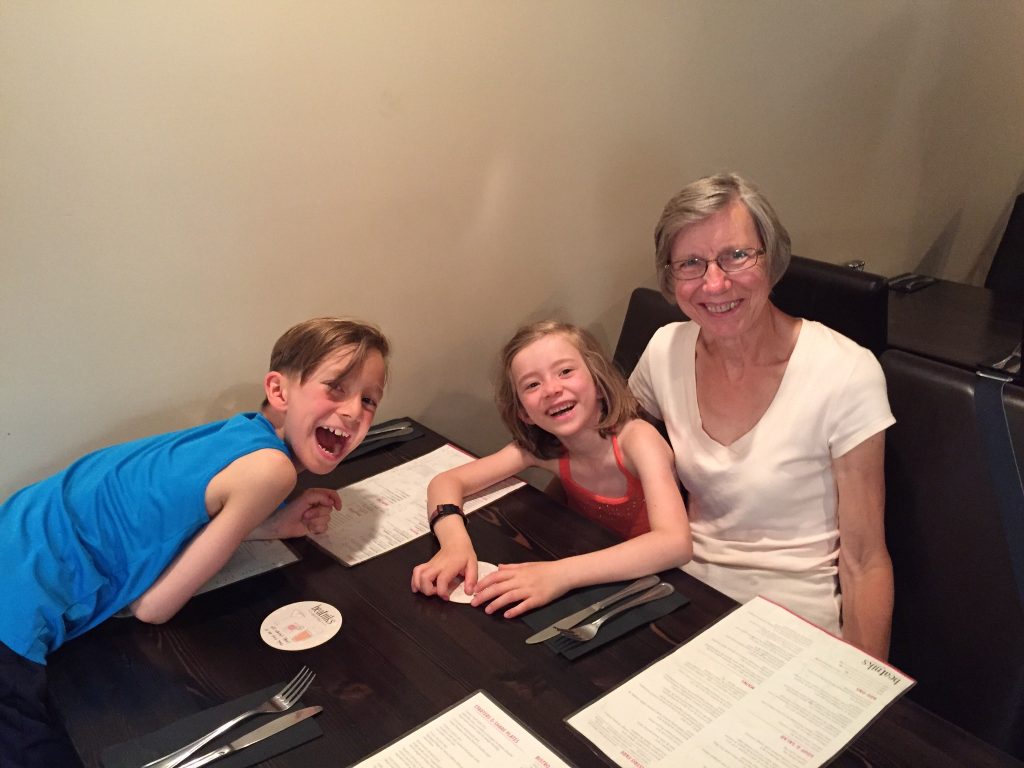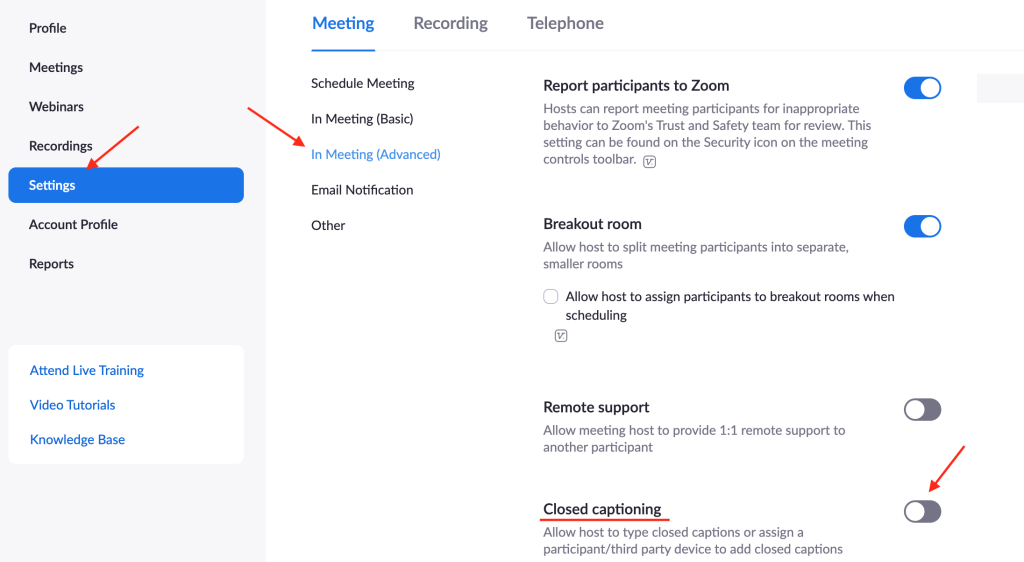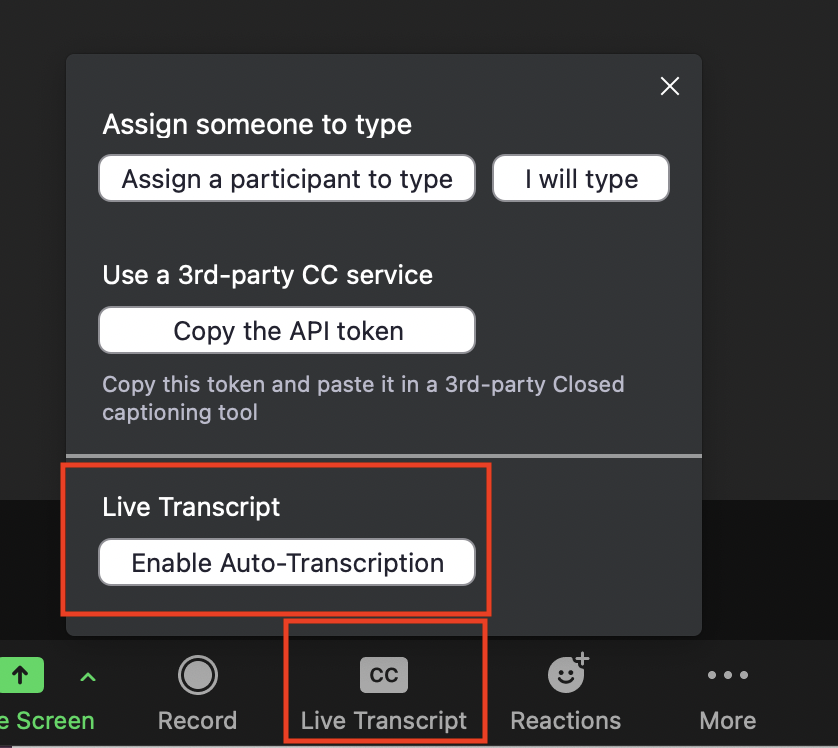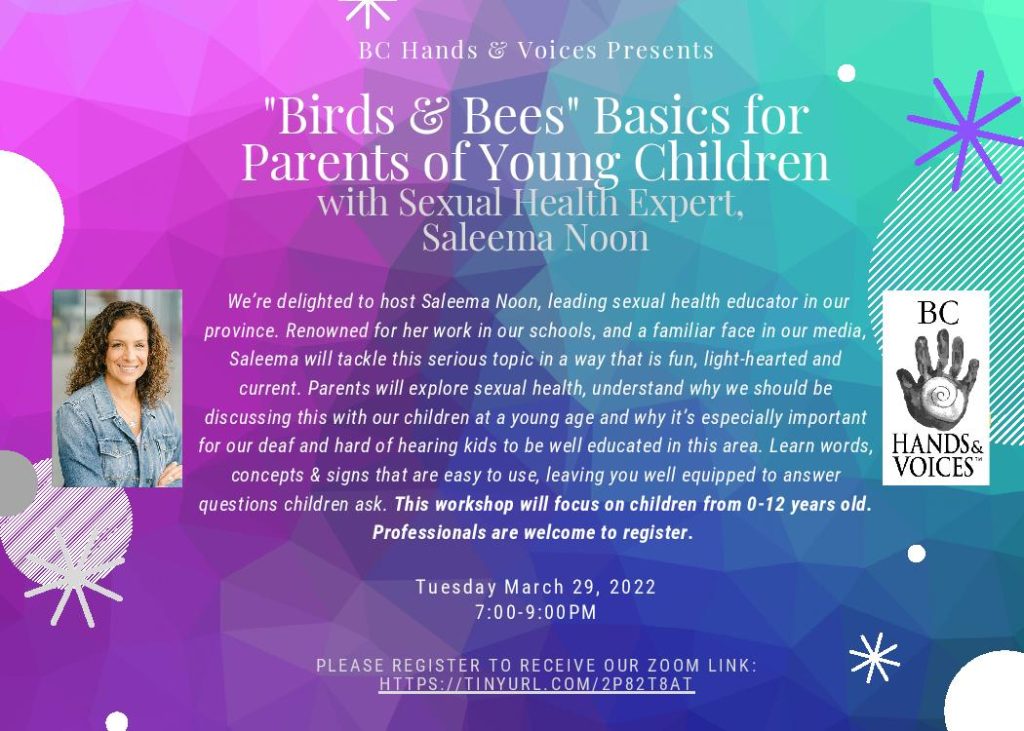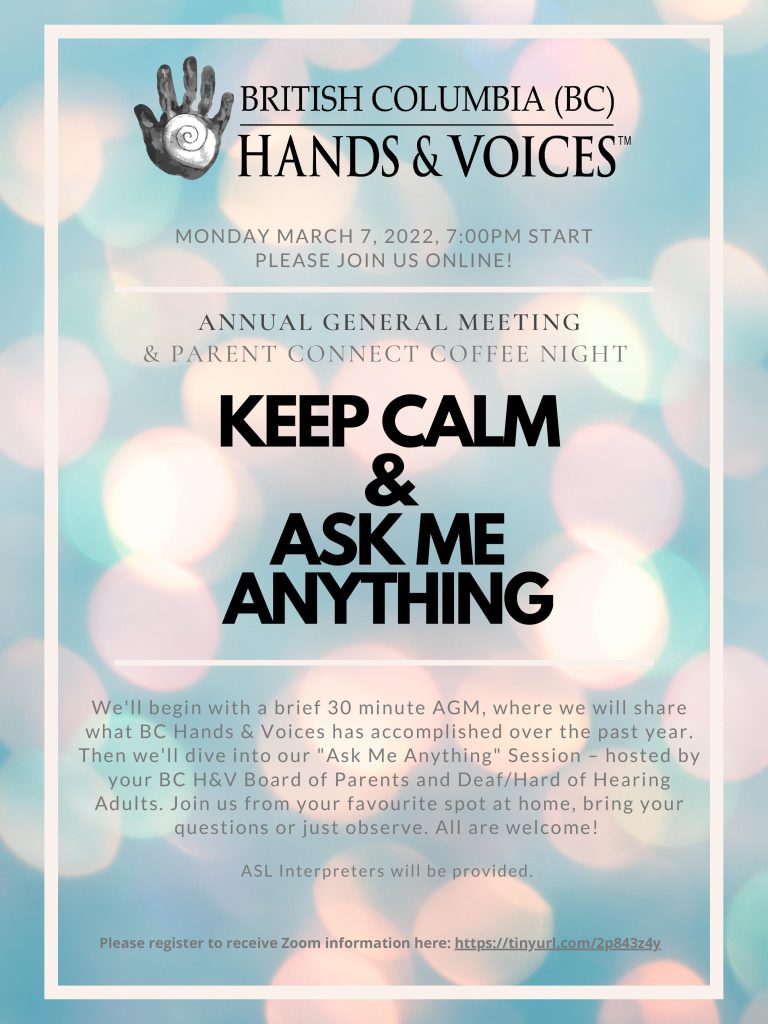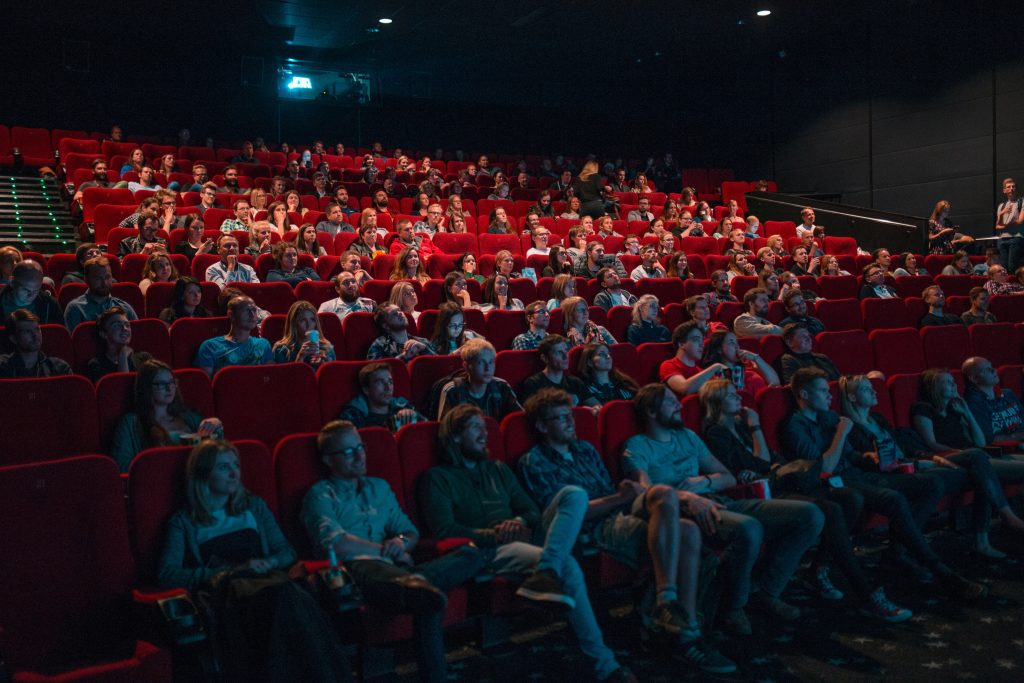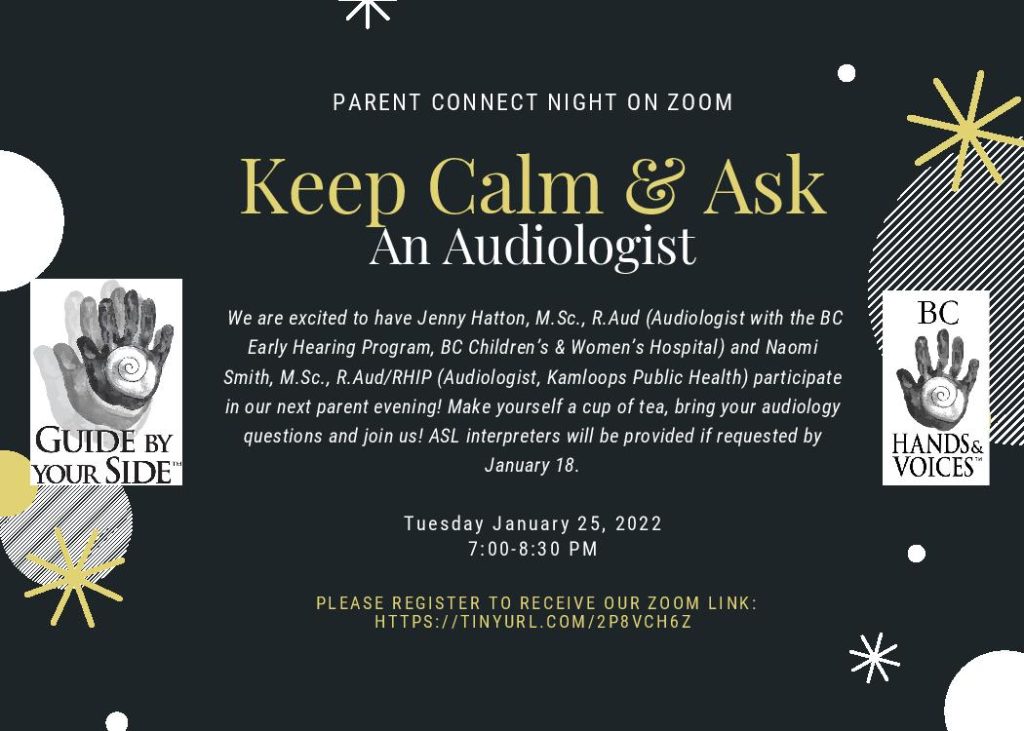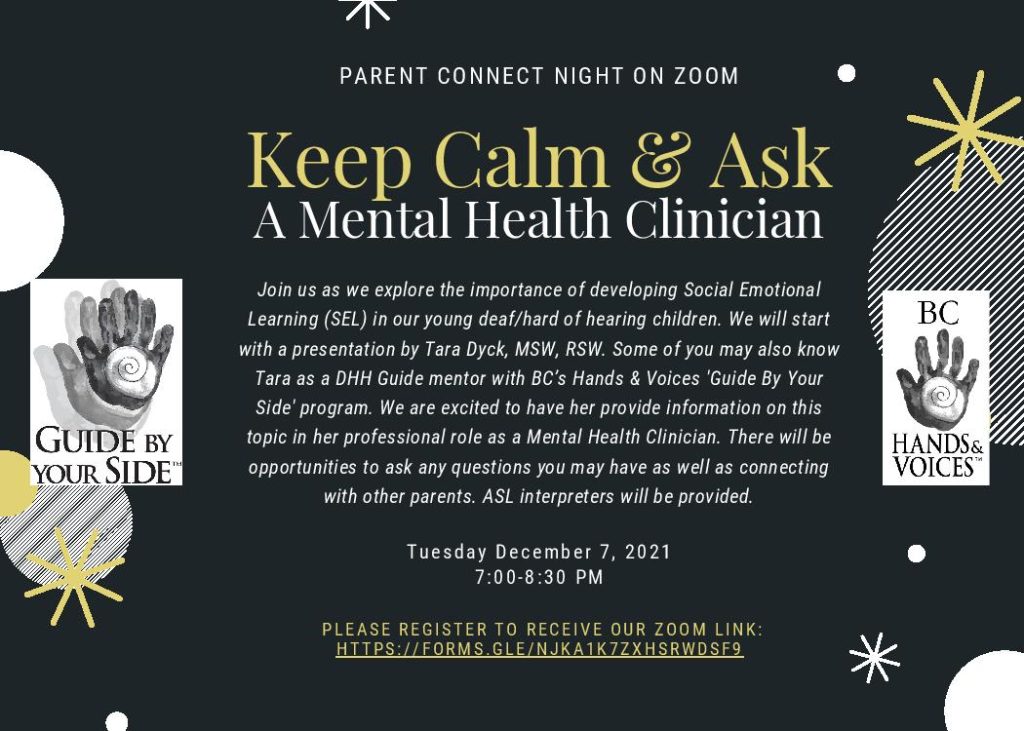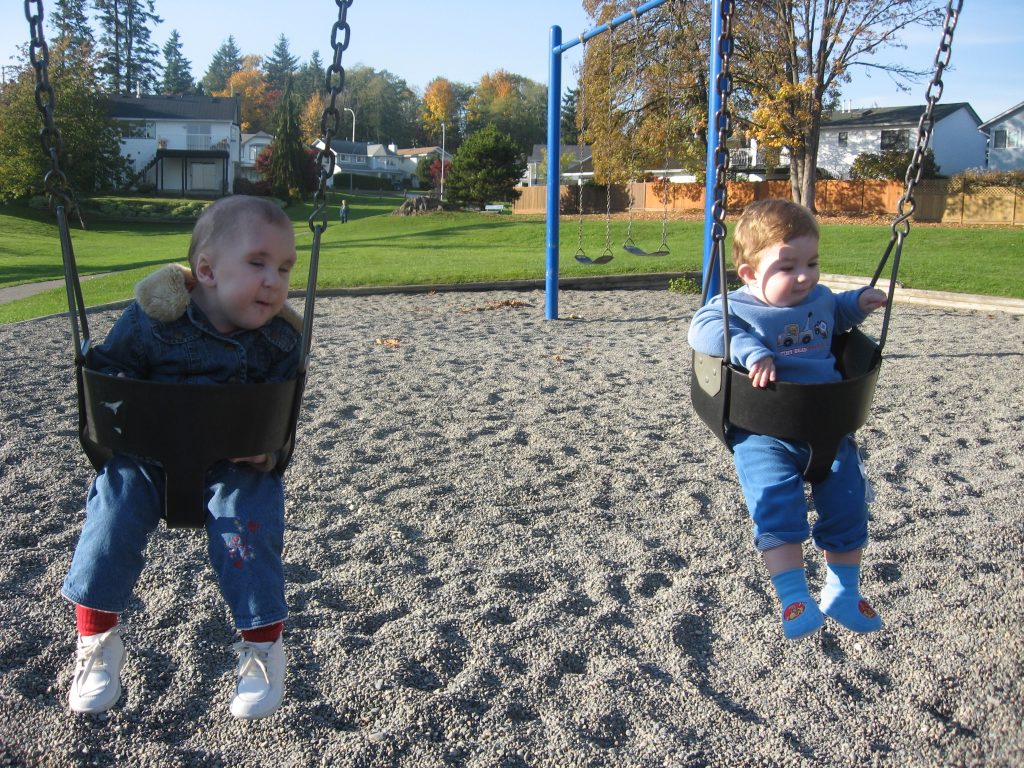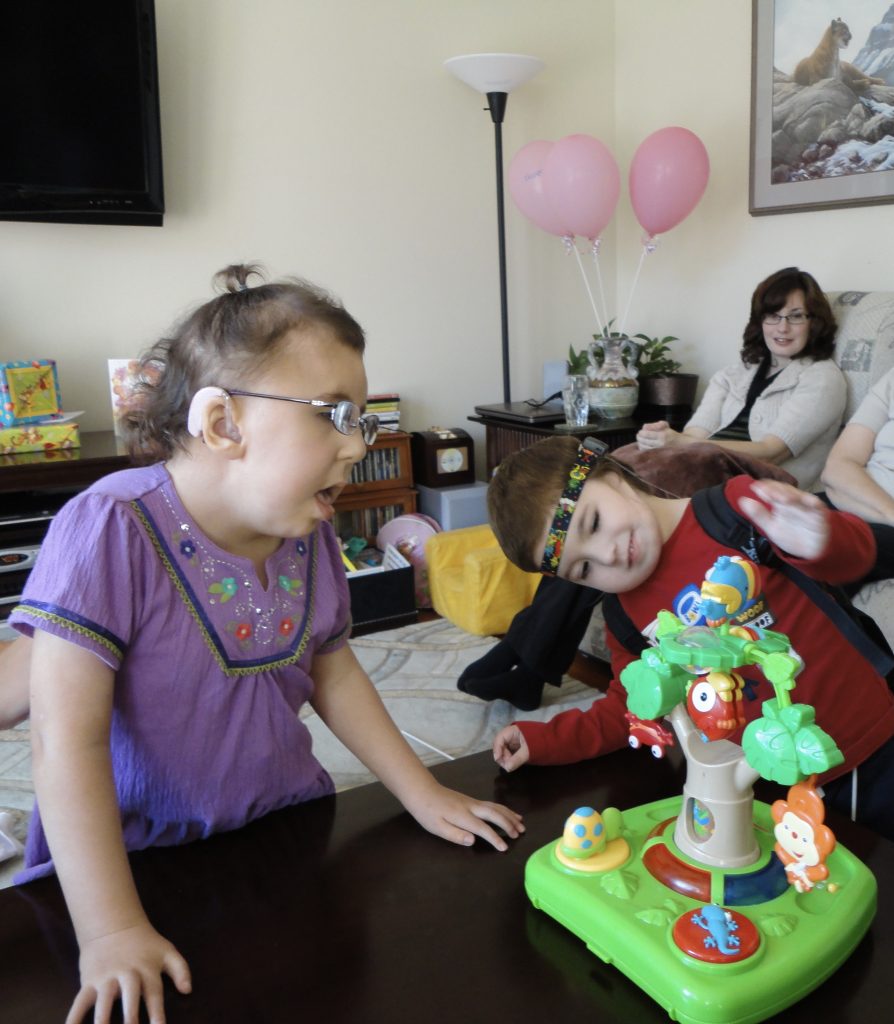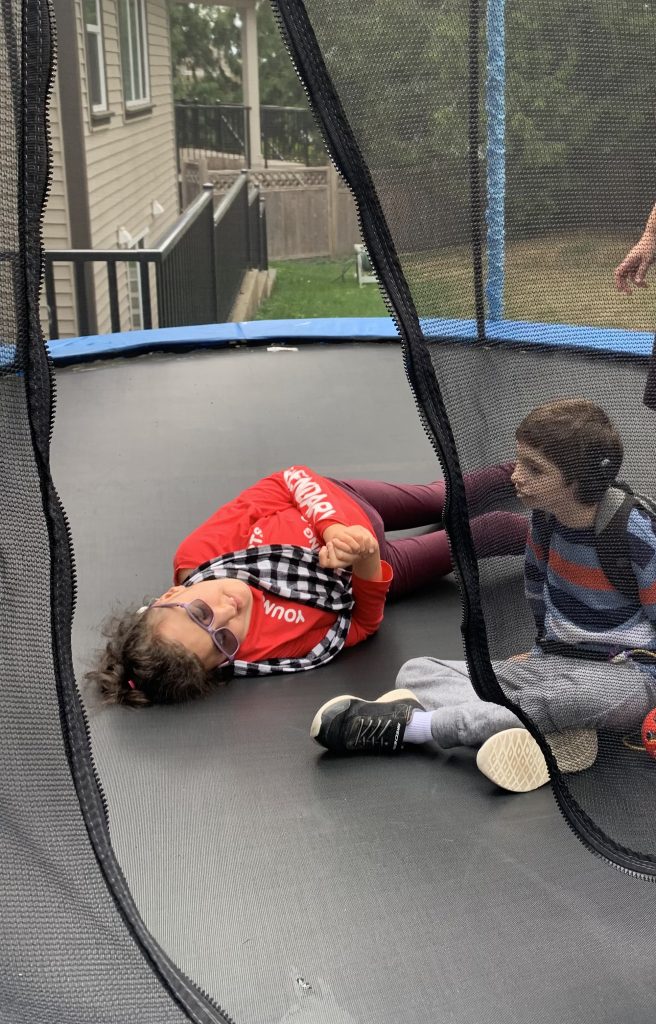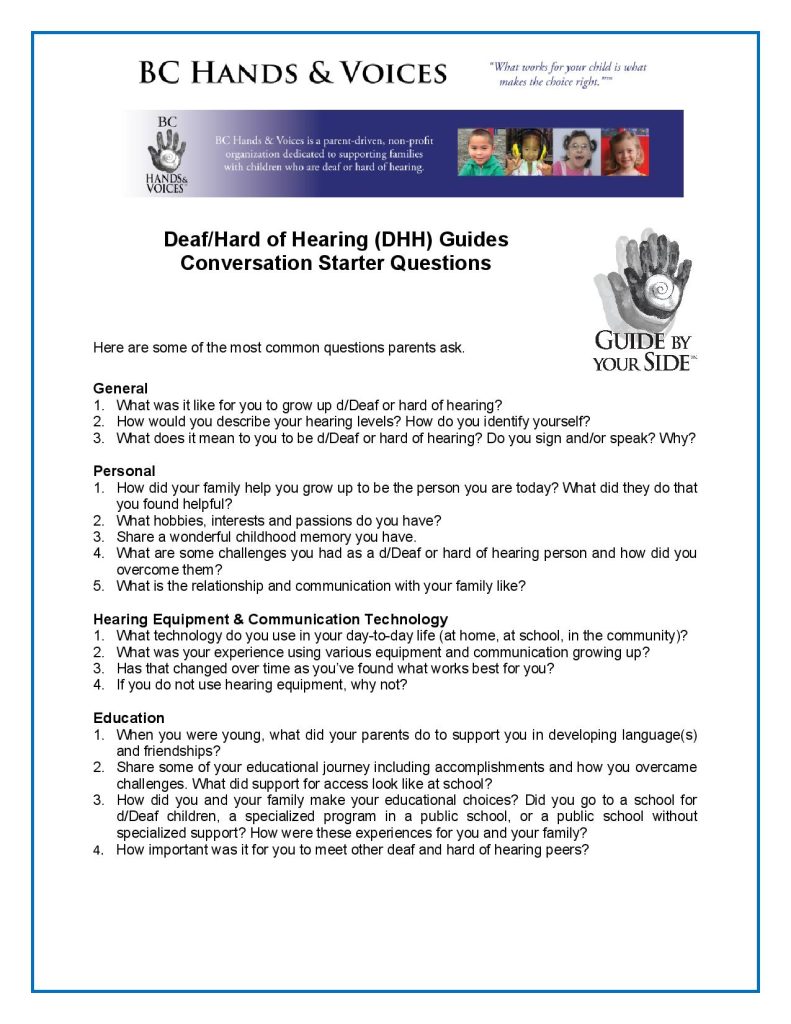Written by Karen
What were your feelings when you first found out about Lily’s (your granddaughter’s) identification as having a hearing loss?
Lily was such a beautiful, healthy baby that the diagnosis blindsided us. The biggest question was how and why did deafness occur in this precious baby. Hoping against all odds that the diagnosis was wrong.
Reality sunk in and the biggest need was to support the parents who were processing this new reality. The baby was flourishing and content. We were inundated with information that was foreign to us and hard to assimilate.
We were on a steep learning curve. Early Intervention services were there from the first supporting the family and providing all of us with hope that dealing with deafness was doable. One step at a time. Also trying to make sure toddler big brother didn’t get pushed to the sidelines. A perfect job for the grandparents.
How did you support your granddaughter and her family moving forward?
Once the dust settled we needed to know how to help this baby no matter what. She needed all the family to be engaged, face the diagnosis and help where needed.
In other words she needed to be treated like a regular baby but with a specific identifiable need. Her parents were both fully involved with whatever was offered. As grandparents we needed to learn about hearing aids and the myriad challenges that accompany trying to get a three month old baby to “cooperate” in wearing them.
Our daughter was involved with early intervention services from the start and educated us as grandparents so that we were on board at all times.
We treated our granddaughter like any baby, lots of cuddles, facial expressions, play, books – all the normal stuff and talking to her so that sound was not foreign to her when her hearing aids were in.
How have your lives benefited from having a dhh grandchild?
On a positive note our whole world was opened to children who are hard of hearing or deaf. We learned of resources available to the children of B.C. up to five years of age at no cost to the families. We also were encouraged as grandparents to be involved with all aspects of the services offered. I went to a basic sign language class for families of deaf children so that we could communicate with our granddaughter at an early age.
The early intervention preschool classes observed through a two-way window were very instrumental in tutoring me how to communicate with and encourage her. The staff were amazing and so welcoming to family involvement.
The journey with our granddaughter has educated us in the challenges facing the deaf community, the tools that are available for babies and up – hearing aids and cochlear implants and the need to support those with challenges of any kind, not just the spectrum of hard of hearing and deafness.
What else would you share with grandparents who are just starting this journey?
Above all do not treat your grandchild any differently from any other grandchild, each child is unique, love them unconditionally, engage with them and give them support and encouragement as needed.

